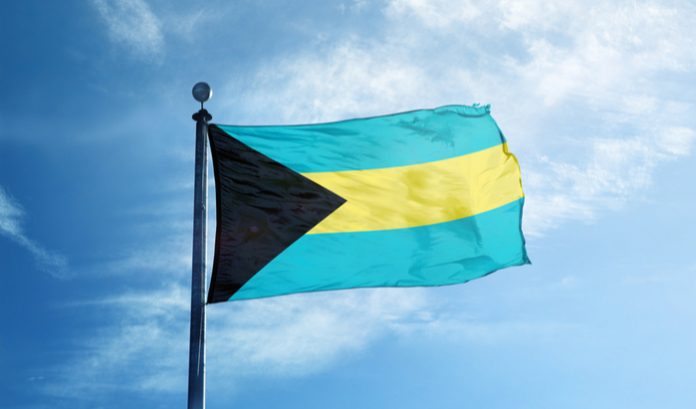The Government of the Bahamas is seeking to abandon the lottery tax ideas mooted in 2018 in the Caribbean country, according to reports.
As reported by the Nation News, the new government, fresh off the back of a general election victory in September, intends to abandon plans for the 5% levy on lottery winnings dubbed as a patron tax.
The initial plans were criticised by gaming operators which claimed that any increase in taxes would cause employees to lose their jobs as well as store closures.
The new Economic Affairs Minister Michael Halkitis told Nation News that, due to potential legal action from store owners, any ideas for a so-called patron tax would be scrapped.
“That patron tax as far as I know had not come into effect and so we decided that we will do away with it. As you know it had been the source of legal action as well as a lot of debate, so we decided we’ll just do away with it,” Halkitis stated.
“The gaming industry, if you look at it in terms of their taxation not only versus casinos but versus other businesses, is very, very heavily taxed and so we believe that it’s just better to do away with it.”
The taxation of the gaming industry is a sensitive topic globally, raising the attention of the International Monetary Fund, which claimed that any further taxes placed on the industry could result in non-compliance from operators.
“If you read the IMF report on taxes, what it points out is the gaming sector of The Bahamas is the most healthy tax sector in the country, at rates maybe six to seven times that of any other sector in terms of profits,” explained Simon Wilson, the Bahamas Finance Secretary to Nation News.
“When you look at that and you realise that if I’m taxing one sector at this level, what it’s going to do is create more problems with compliance for the government.”




























